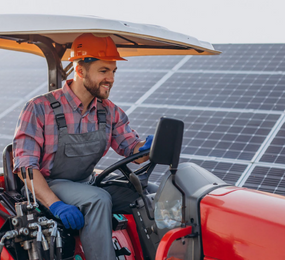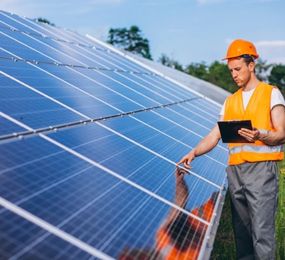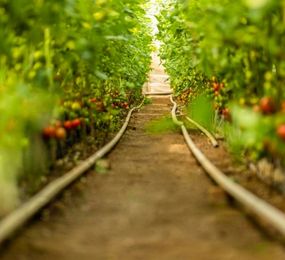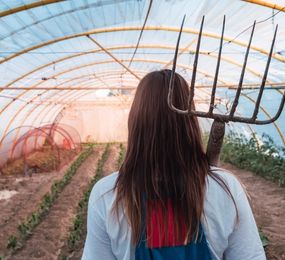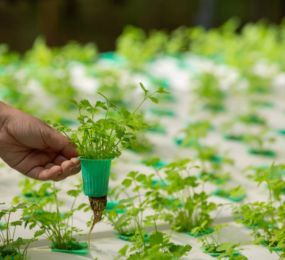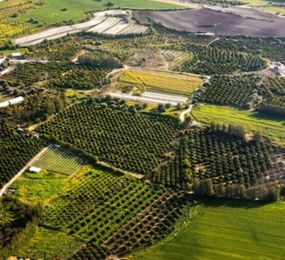Agriculture, traditionally viewed as a consumer of energy, is rapidly evolving into a key player in the global energy transition. Farmers are uniquely positioned to contribute to a more sustainable future by embracing innovative practices and integrating renewable energy solutions into their operations. This shift not only benefits individual farms but also plays a crucial role in mitigating climate change and enhancing energy security.
- Renewable Energy Integration: Farms can become mini power plants by generating their own clean energy. Solar panels on rooftops and in fields (agrivoltaics), wind turbines, and biogas digesters fueled by agricultural waste offer viable alternatives to fossil fuels. This reduces reliance on external energy sources and lowers operational costs.
- Carbon Sequestration Powerhouse: Agriculture plays a significant role in carbon sequestration. Sustainable farming practices, such as no-till farming, cover cropping, and agroforestry, enhance soil health and increase the soil's capacity to absorb atmospheric carbon dioxide. This helps offset greenhouse gas emissions and combat climate change.
- Biofuel Production: Agricultural crops and waste can be used to produce biofuels, offering a renewable alternative to traditional transportation fuels. This creates new markets for agricultural products and contributes to a more diversified energy mix.
- Land Stewardship and Ecosystem Services: Farmers are stewards of the land, and their practices have a direct impact on the environment. By adopting sustainable land management techniques, farmers can enhance biodiversity, protect water resources, and improve ecosystem health.
- Rural Development and Economic Opportunities: The energy transition creates new economic opportunities in rural areas. From installing and maintaining renewable energy systems to producing biofuels, these activities can revitalize rural economies and create jobs.
The transition towards a sustainable energy future requires a collaborative effort. Farmers, policymakers, researchers, and industry leaders must work together to create a supportive framework that encourages the adoption of these innovative practices. By embracing agriculture's potential in the energy transition, we can cultivate a more sustainable and resilient future for all.
Don’t miss this opportunity to lead the way in agrivoltaics innovation.
Register today and join us in advancing the future of renewable energy and agriculture: https://bit.ly/3DU2FI2.
For more information and group participation, contact us: [email protected]


